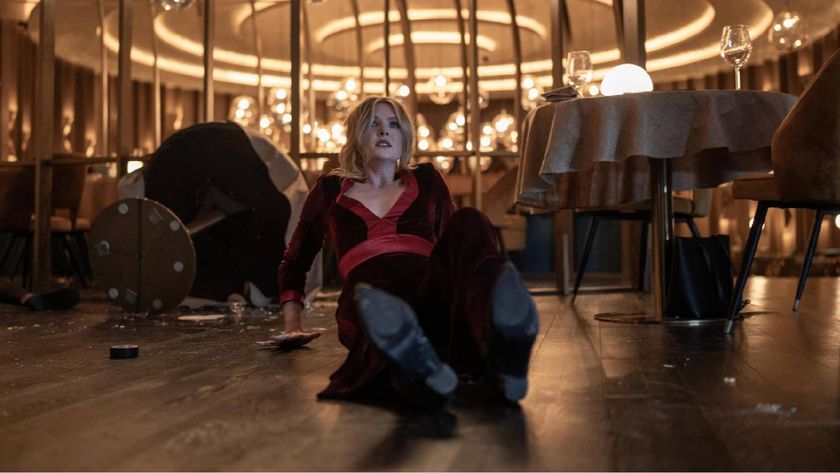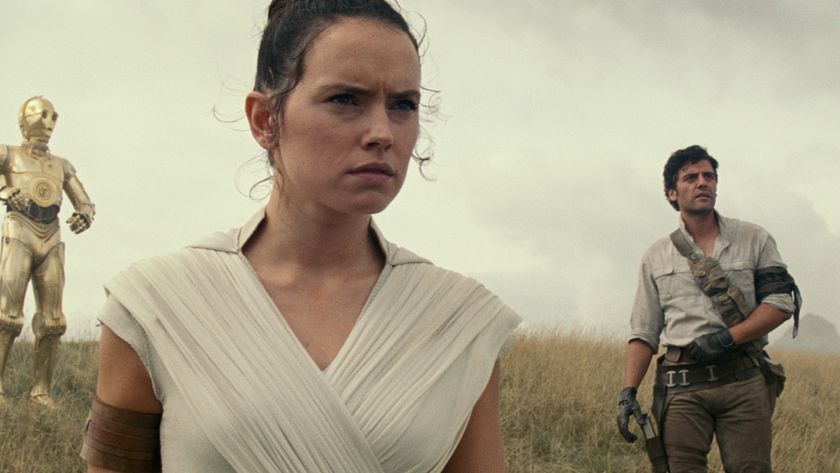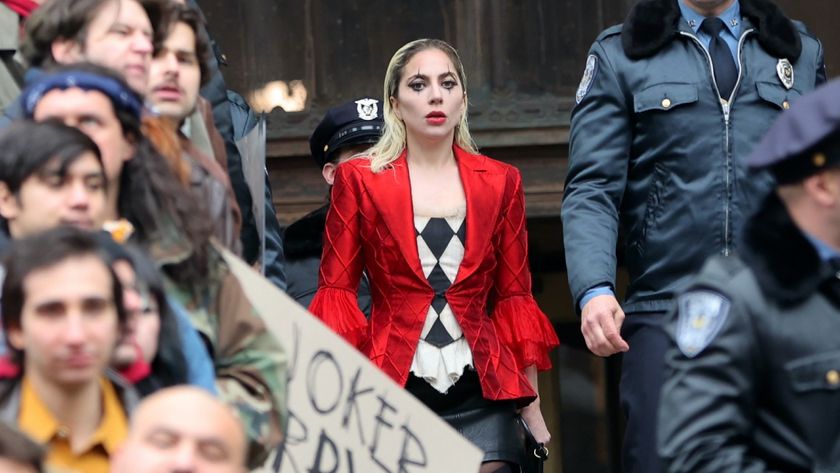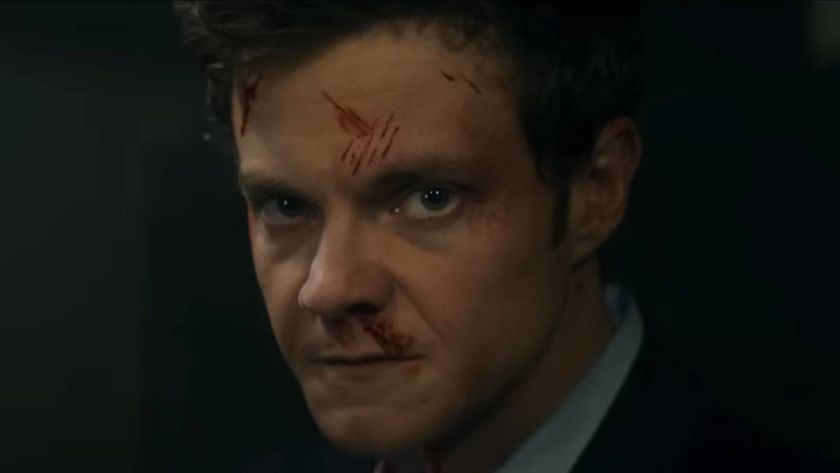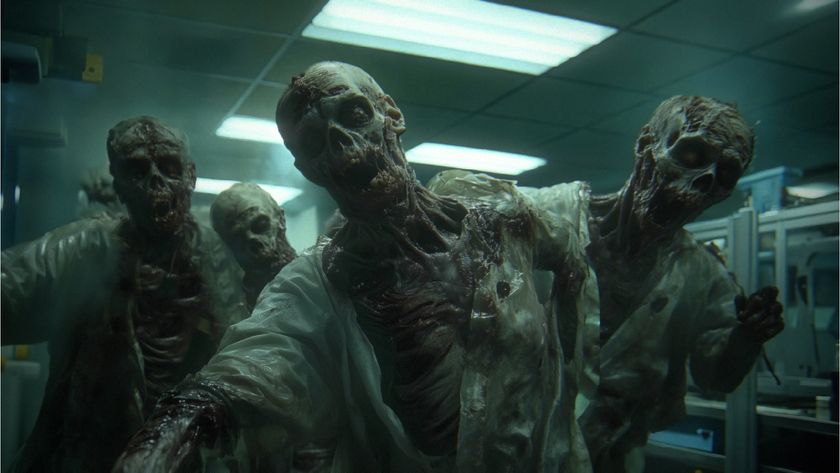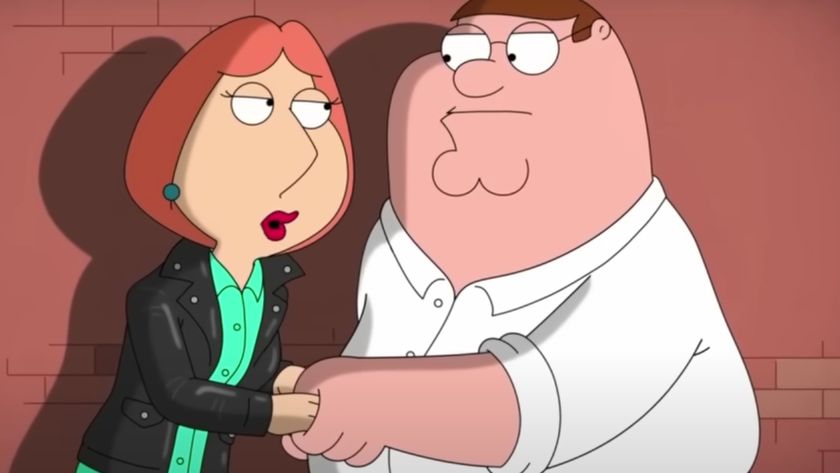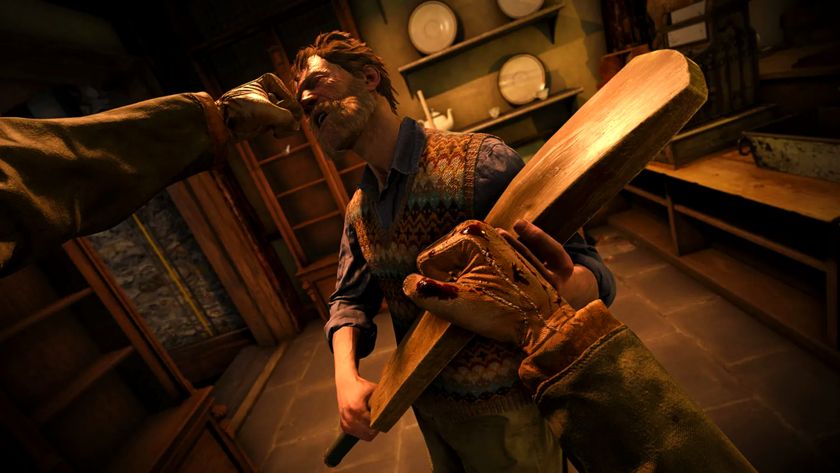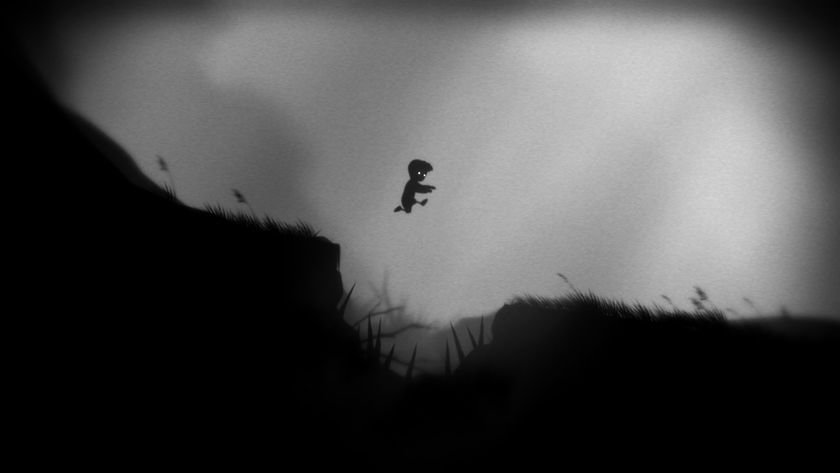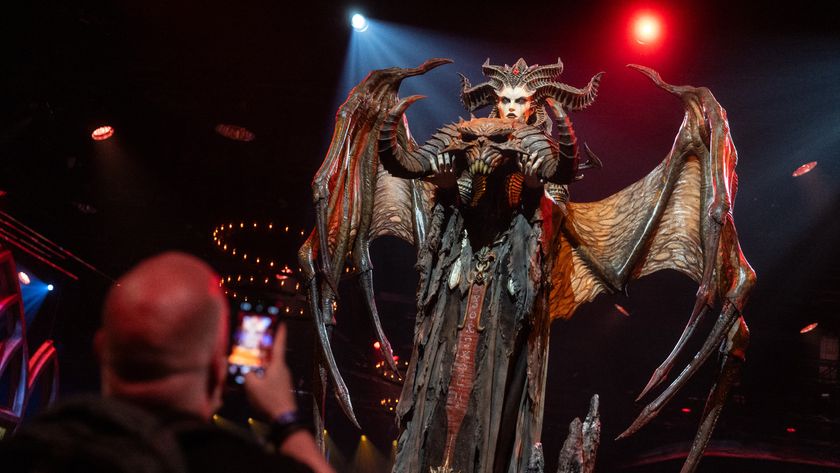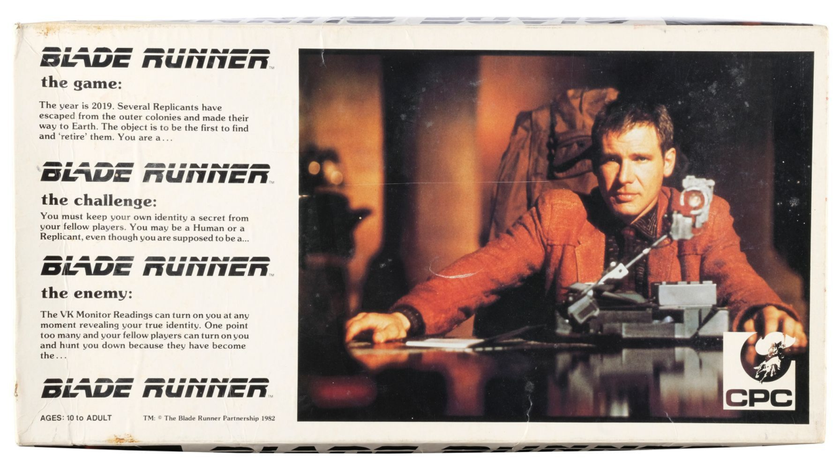Cannes 2011: Polisse reaction
Hard hitting French police drama

Polisse was supposed to be an afternoon in the company of a French police Child Protection Unit, a mix between The Bill and Law & Order SVU, with subtitles.
The programme promised a drama about a police photographer and a hardened cop falling in love in spite of the harsh surroundings. But that isn't the film we saw.
Polisse ended up surpassing expectation on every level - a pleasant surprise that manifested itself in an intelligent, human character study.
The plot about the photographer is only one strand of the story - we are introduced to a whole unit of police, and the at times horrific, and even darkly comic crimes they have to deal with.
Director Maïwenn (pictured), who also plays the part of photographer Melissa, used real life case files from the French police as a base for her story, and it shows.
From the first minute the audience are thrown in the deep end with the CPU, handheld camera work keeping every disturbing detail from each new case uncomfortably intimate.
This is a film that aims to shock, but it is never exploitative.
Sign up for the Total Film Newsletter
Bringing all the latest movie news, features, and reviews to your inbox
Each scene is carefully constructed to add to the whole, each case presenting a different problem for the CPU to deal with; child neglect, abandonment, rape, teen promiscuity.
A scene where a female officer verbally disarms a man suspected of setting up an arranged marriage for his underage daughter was greeted with triumphant applause.
Similarly, a scene involving a girl who performed sex acts to get her phone back was greeted with uproarious laughter.
But this is only possible because of how low and depraved some of the crimes are, and because Polisse puts you on that emotional journey with the CPU.
But this is not a film about the victims or their attackers, this is a film about the Child Protection Unit.
All too human, there are no Hollywood smiles here. Just a group of people dedicated to a job that is slowly destroying them, whether through divorce, alcoholism or bulemia, or their relationships with one another.
It is portrait, not a plot. There is no big bad guy to put in cuffs at the end of the film, just a daily battle; they win some, they lose some, they struggle to hold it together.
Polisse is shocking yes, but also moving. It is a film that doesn't apologise; this isn't fiction, this is real life, real crimes.
Don't be surprised if this end up knocking on the Palme D'or in 10 days time...
